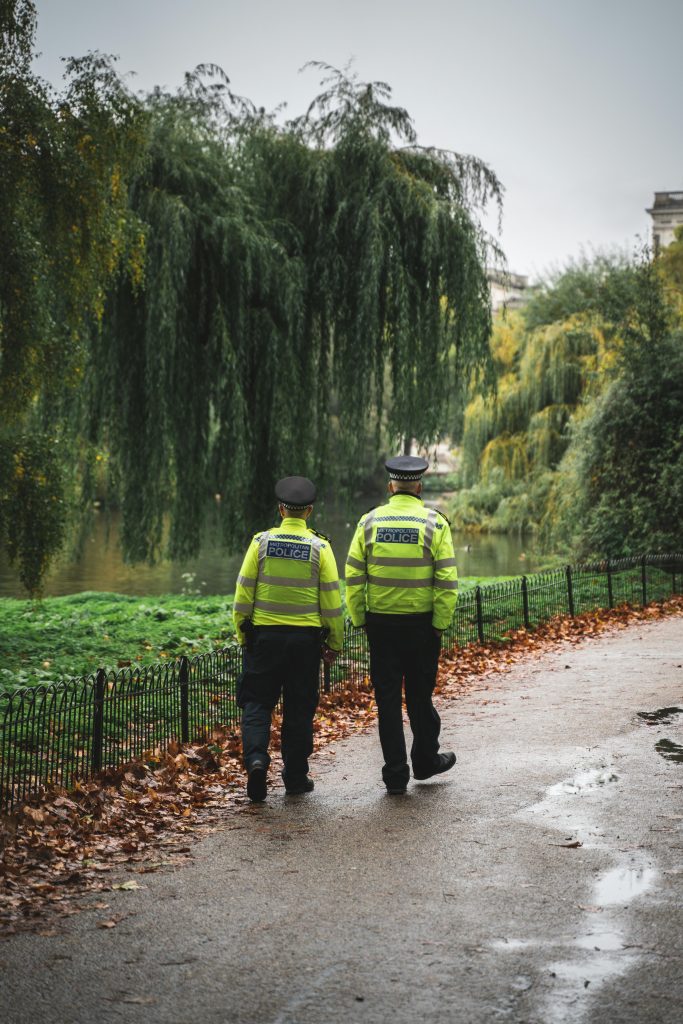Use real sites not ads
Whether you’re checking your online accounts or making a purchase, always make sure you’re using the official website. Some ads may look like they’re from your bank or favourite shop, but they are actually fake, these fake sites can steal your personal data or contain viruses.
A quick way to stay safe online is to look for the padlock icon in your browser, which means the website is secure. This is an important cyber security habit that can protect your debit card, credit cards, and other personal details.
Check URLs
Always double-check the website address (also called a URL) before you click on it. Online fraud often involves fake sites with addresses that are almost identical to real ones, just one small letter might be different.
Secure sites will have “https://” at the start, the “S” stands for secure, this means your information is encrypted and safer to share. These are the types of sites used for online banking, shopping, or handling financial habits.
Being aware of small details helps you stay safe online and save money by avoiding scams.
Password protect
Use strong passwords for all your online accounts. Ensure the passwords you set are difficult to guess and not shared with others. Using a different password for each account is important, if one account gets hacked, the others stay protected.
Avoid simple passwords like “123456” or “password”, instead, try using a mix of letters, numbers, and symbols. Creating secure passwords is part of good money management and cyber security.
Use your own mobile phone, laptop or PC
Always use your own device when managing money online, like shopping or checking your bank account. Public Wi-Fi and shared computers (such as at school or a library) may not be as safe or kept as up-to-date as your own PC or laptop, which means you could be at risk of being hacked and having your information stolen.
Using your own phone or laptop helps keep your online safety in check and helps protect your debit card and credit card details from being stolen. Keeping your operating systems updated also adds an extra layer of protection.
Don’t enter bank details through emails
Never give your bank or building society account details in an email. If you receive an email from your bank or building society asking you to confirm your account number, sort code or CVV number (that’s the number on the back of your debit or credit card, next to your signature) it may be a hacker pretending to be your account provider. If in doubt always ring your bank (or building society) directly and ask them to confirm whether or not they sent the email.
This also applies to emails from online shops. Always check the source and talk to a parent or trusted adult before sharing any financial information.
Internet security
Make sure your computer has up-to-date anti-virus and anti-spyware software installed to help keep it protected and help keep you safe online. Anti-virus software can look for and remove viruses before they have a chance to infect your computer and anti-spyware software can prevent tracking your activities and scanning your PC for personal information.
Keeping your operating systems updated and using cyber security tools is essential to protect your online accounts and avoid scams. Developing these safe habits early on can support your long-term financial habits.

Watch out for fraud
Online fraud is more common than you think. Certain fraudulent websites or emails appear highly convincing. If you’re unsure, leave the site and contact the company directly to confirm it’s real.
Fraudsters may also send emails offering to help you earn money or win a prize, asking for your bank details. Avoid sharing your information and details with someone you don’t know. Understanding how to spot fraud is part of being safe online and managing your money smartly.
Be wary of strangers online
Social media sites can be fun, but they are also full of unfamiliar people. Never accept friend requests from strangers or share personal details, such as your address, phone numbers, email, or banking information. Speak to an adult before you share any personal data or banking information. Talking about money and being open about online risks with someone you trust is a smart way to help you stay safe.
Log out of accounts when you’re done
After shopping online or checking your bank account, always make sure to log out when you are finished. Closing the tab or the browser doesn’t always log you out, if you stay signed in, someone else could access your online accounts and see your financial information, including credit card or debit card details.
More money tips for teens

Are you On The Beat?
Our monthly newsletter is packed full of topical news stories, handy hints and tips for managing your money, information about our products and services and exclusive prize draws!
Make sure you stay ‘On the Beat’ and sign up now.

